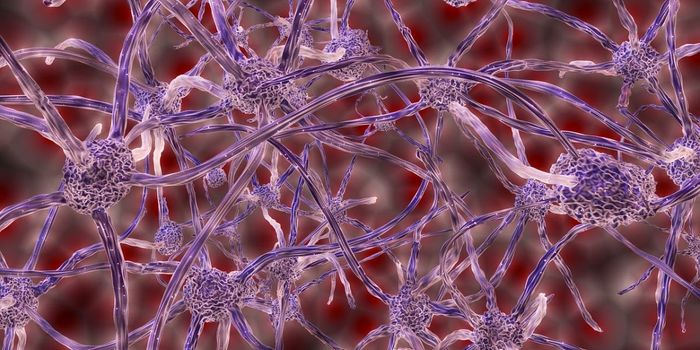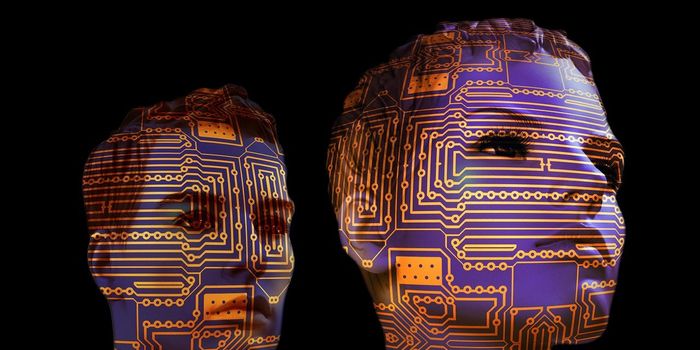Smartphone Data Can Predict Depression and Anxiety
Researchers from Dartmouth College have found that passively-collected data from smartphones is able to predict a person's brain activity linked to emotional processing.
For the study, the researchers analyzed passively-collected cell phone data on social activity, screen time, location, physical exercise, and sleep patterns from volunteer participants. Each participant also underwent an fMRI scan to capture their brain activity.
The researchers then matched the phone data against the fMRI results to predict higher or lower connectivity between the ventromedial prefrontal cortex and the amygdala.
While the ventromedial prefrontal cortex is responsible for self-control and decision-making, the amygdala is responsible for the 'fight or flight' response and determining others' emotions.
In the end, the researchers found that phone data matched fMRI brain scans with 80% accuracy. One finding was that more screen time, regular exercise, earlier bedtimes, and more social interaction accompanied by certain location patterns tended to match a state of higher functional connectivity between brain regions, and also a more positive emotional state.
Meanwhile, people who's phone activity indicated lower functional connectivity tended to represent more negative emotional states and be more likely to have anxiety and depression.
"Simple information about how someone is using their smartphone can provide a peek into the complex functioning of the human brain," says Mikio Obuchi, lead author of the study. "Although this research is just beginning, combining data from smartphones–rather than fMRI alone–will hopefully accelerate research to understand better how the human brain works."
The researchers say that the use of passive information from smartphones could go on to eliminate subjectivity from self-reported questionnaires and interviews.
"Hopefully, this study shows how mobile sensing can provide deep longitudinal human behavioral data to complement brain scans," said Andrew Campbell, senior researcher on the study. "This could offer new insights into the emotional well-being of subjects that would just not be possible without continuous sensing."
Sources: Neuroscience News









